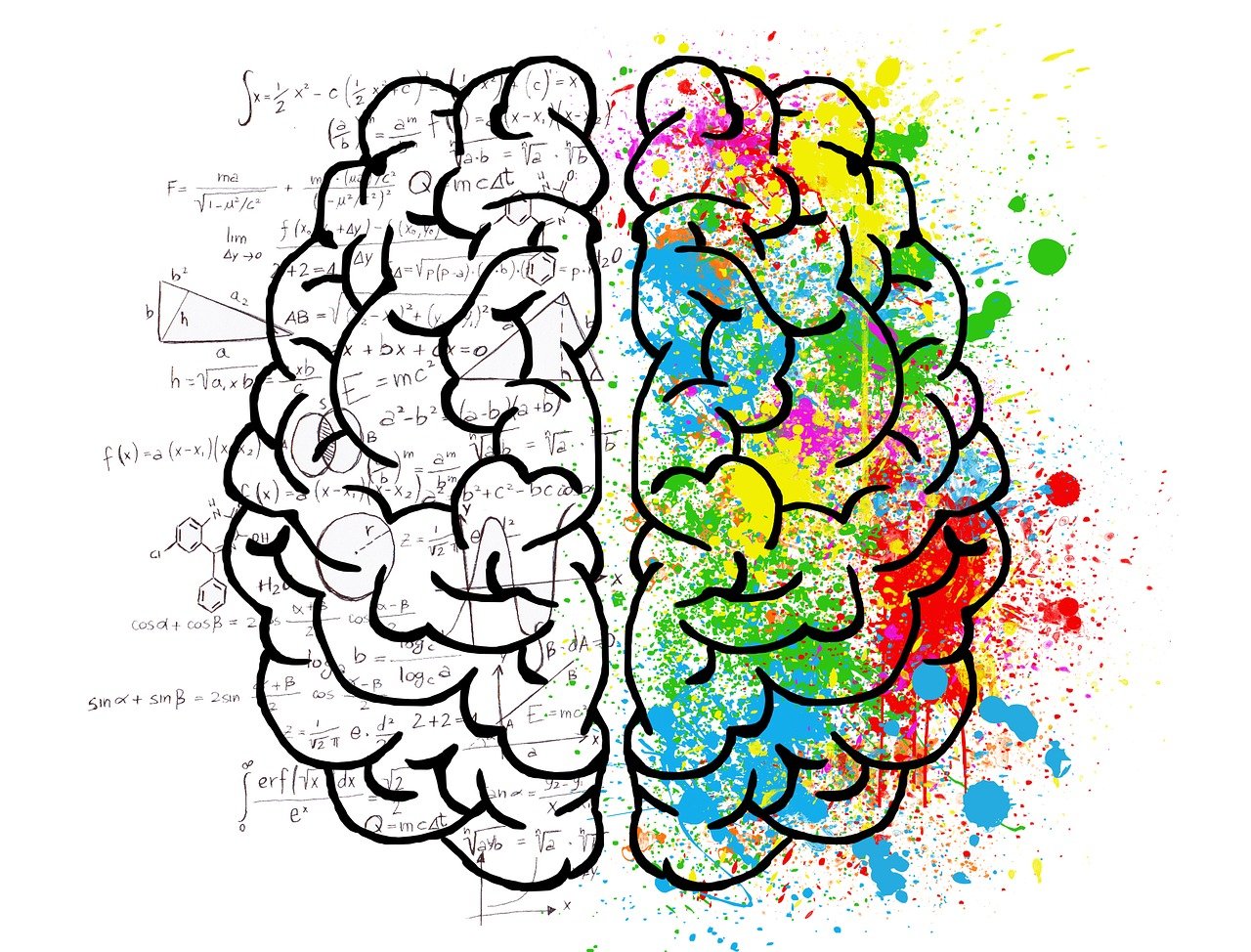Introduction: A Battle of Narratives
In recent times, Ayurveda and traditional Indic medical systems like Siddha have come under attack, often dismissed as pseudoscience by those who rely on biased secondary sources. This dismissal does not stem from rigorous scientific analysis but from a systematic bias against Indic knowledge systems. While modern medicine has its strengths, Ayurveda’s holistic approach, rooted in thousands of years of practice and observation, is being sidelined by a Western-dominated narrative that refuses to engage with primary sources and real-world effectiveness.
The Scientific Foundations of Ayurveda
Ayurveda is not merely a collection of ancient beliefs but a sophisticated medical system based on empirical observation, diagnosis, and treatment. Unlike Western medicine, which largely focuses on symptomatic relief, Ayurveda emphasizes prevention and addressing the root cause of imbalances in the body. The classification of human constitution into Vata, Pitta, and Kapha (VPK) is a profound diagnostic tool, but due to a lack of standardization, it has not yet been fully explored through modern scientific lens.
Rather than discarding Ayurveda as unscientific, serious efforts should be made to document and refine its diagnostic methods. Institutions such as Kottakal Arya Vaidya Sala in Kerala have already undertaken extensive research, but more needs to be done at a national and global level to ensure Ayurveda is represented accurately in academic and medical discourse.

The Urgent Need for Standardization and Reform
One of the most pressing issues Ayurveda faces today is the lack of standardization in education and practice. While genuine Ayurvedic practitioners spend decades mastering the intricacies of diagnosis and treatment, many self-proclaimed experts with minimal training exploit Ayurveda for commercial gain.
A proposed solution is to establish a dedicated Ayurveda board, ensuring that practitioners undergo at least a decade of rigorous training under experienced Vaidyas. Additionally, Ayurveda must integrate modern research methodologies while staying true to its foundational principles. Documenting successful case studies, improving transparency in formulations, and conducting controlled studies based on Ayurvedic principles will help eliminate misinformation and reinforce Ayurveda’s credibility.
The Bias Against Indic Knowledge Systems
A major challenge Ayurveda faces is the deeply ingrained bias of the global scientific community, which often refuses to acknowledge the contributions of Indic systems. Many critics rely on Wikipedia and other Western-dominated platforms for information rather than engaging with Sanskrit texts or consulting traditional practitioners. This systemic bias dismisses Ayurveda without fair scrutiny, creating an environment where indigenous knowledge is labeled as unscientific while many aspects in Western pharmaceuticals—despite their own historical failures—are given unquestioned authority narrative wise.
Interestingly, foreign researchers frequently visit India to learn from traditional Vaidyas, recognizing the depth of knowledge that Ayurveda holds. The irony is that while Indian institutions struggle to validate their own medical heritage, global pharmaceutical companies selectively extract Ayurvedic principles, patenting them for profit.

Ayurveda and Allopathy: Complementary, Not Contradictory
A common misconception is that Ayurveda and allopathy are inherently at odds with each other. In reality, they serve different but complementary functions. Modern medicine excels in acute interventions, surgeries, and infectious disease management, whereas Ayurveda provides long-term health solutions, lifestyle adjustments, and chronic disease management.
The argument that Ayurveda lacks scientific validation is flawed. Scientific validation is not merely about running randomized controlled trials but also about long-term observational efficacy. Ayurveda has survived for millennia because it works—not based on anecdotal evidence alone, but on a deep understanding of human physiology, natural substances, and preventive healthcare.
Modern research methodologies should be adapted to accommodate Ayurveda’s principles rather than forcing Ayurveda to fit into a Western scientific framework that may not always be applicable.
The Road Ahead: Reviving and Defending Ayurveda
To ensure Ayurveda’s rightful place in the modern world, several steps must be taken:
- Reforming Ayurvedic Education: A minimum of ten years of rigorous study under experienced Vaidyas should be mandated to prevent commercialization by unqualified practitioners.
- Scientific Validation on Ayurvedic Terms: Ayurvedic formulations and treatments should be studied with methodologies that align with its principles, not just forced into Western clinical trial models.
- Global Recognition of Ayurveda: India must actively challenge biased narratives and take ownership of its medical heritage.
- Public Awareness and Policy Support: Strong government and institutional backing are necessary to protect and promote Ayurveda from dilution and misrepresentation.
The debate over Ayurveda is not just about science; it is about intellectual honesty and breaking free from the colonial mindset that undervalues indigenous knowledge. Ayurveda is not a relic of the past; it is a living science that continues to heal millions. It is time to move beyond Wikipedia-fueled skepticism and engage with Ayurveda on its own terms—through research, reform, and respect for its deep scientific roots.
Disclaimer: Blogs are generated from the thoughts/views shared by individual group members of the Global IITans for Quantum Consciousness (GI4QC) Forum’s WhatsApp groups further curated using Gen AI tools. The chats are of a general nature and have been carefully curated and reviewed to the greatest extent possible before publishing. Feedback and queries can be directed to arpankaudinya@gmail.com and/or info@gi4qc.org.



